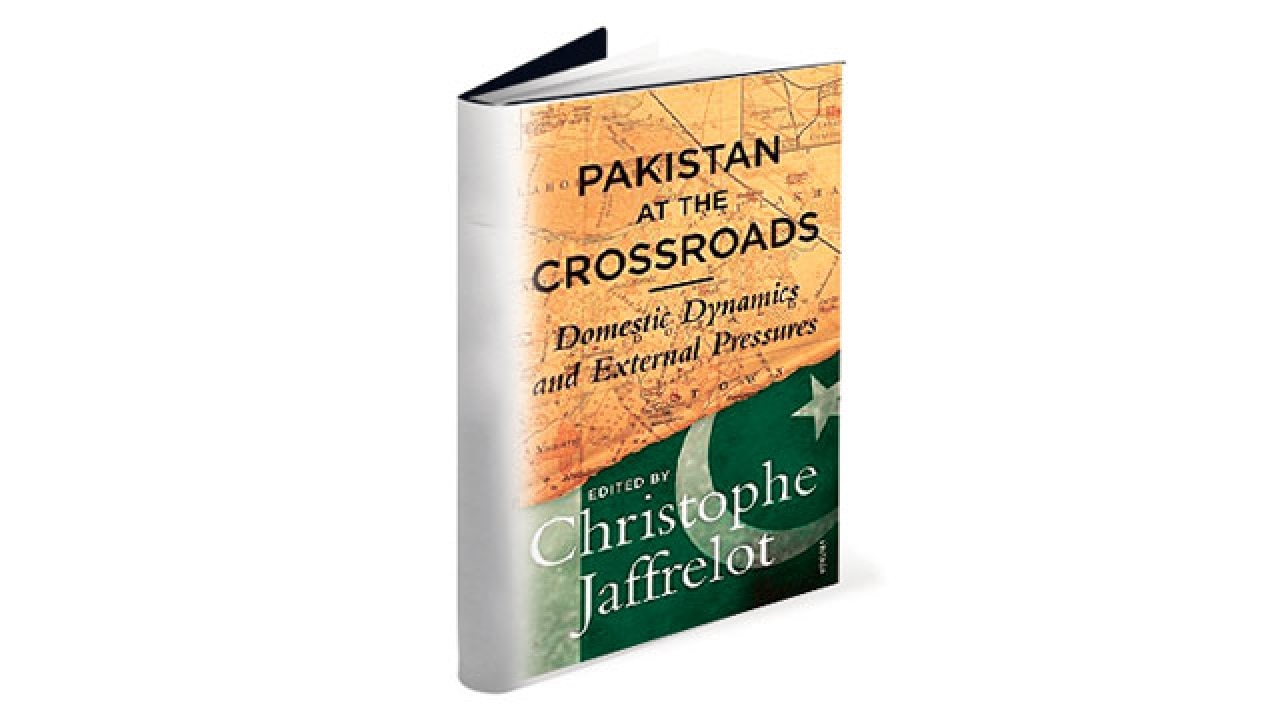
Pakistan has been at crossroads several times since its inception. Even after 69 years as a nation, it is still searching for a road map. An existentialist threat from terrorism, religious extremism, sectarianism, turf wars in Karachi, and insurgency in Balochistan, the country has had to shape its responses to several challenges.
On the foreign front, while its relations with India have been problematic since Partition, its borders with Iran and Afghanistan have also now turned fragile. Of late, a large part of the Pakistan Army has been deployed on the borders of Afghanistan, fighting the Taliban. Despite its enviable geographical position, intersected by trade and transportation routes that weave Asia together, the country has hardly been able to reap the benefits for want of stability and the lack of visionary leaders.
Pakistan's decision to side with Western powers located thousands of miles away in the Cold War, by joining the SEATO (South East Asian Treaty Organisation) and CENTO (Central Treaty Organisation) alliances against its neighbouring countries, has nullified the advantages of its strategic geography. When the Soviet army invaded Afghanistan in 1979, Pakistan jumped into the conflict to realise the US's objectives. Consequently, it became a victim of Kalashnikov, drug and jihadi cultures, besides having to bear the burden of millions of Afghan refugees.
In this collection of essays, Christophe Jaffrelot assembles an excellent group of authors to examine Pakistan's engagement with the world. Instead of calling Pakistan an "ideological state" like Israel or a "garrison state", he calls it a "client state" and a "pivotal" state. Pakistan has been more dependent on external support and more porous to outside influences than other states of similar geographic size, population and economic development.
Jaffrelot quotes a note by Pakistan's founder Muhammad Ali Jinnah stating that the Congress party had accepted Partition "with mental reservations", that they were keen to "restore the unity of India as soon as possible", and hence, the Indian leadership "will naturally be regarded as avowed enemies of the Pakistan State working for its overthrow." Until then Indian prime minister Atal Bihari Vajpayee in 1999 undertook the journey to Lahore and visited Minar-e-Pakistan, leaders in Islamabad were deeply suspicious that India was still to accept Pakistan as a reality and was working towards re-unity.
In exchange for military and economic aid from the US, Pakistan has performed the role of a frontline, "pivotal" state in the Cold War and the war on terror. Shaid Javed Burki and Adnan Naseemullah, in the chapter Pakistan's Economy: Domestic Dissent and Foreign Reliance, say that American aid has made the country dangerously dependent. But Pakistan has time and again seen that this support is both fickle and politically expensive, especially in terms of sovereignty.
As the current American military focus on Afghanistan diminishes, and Pakistan's commitment towards its stability is increasingly brought under scrutiny by the US Congress, the nature of dependency may also change.
Jaffrelot notes that "equating civilians with democrats is highly questionable in Pakistan". A "feudal" culture tinctures urban businesses as much as the rural grandees and the political leaders who hail from both backgrounds.
The book also deals with Pakistan's relationship with China, Saudi Arabia and Iran, as well as its long-running antagonism with India and Afghanistan. Mariam Abou Zahab in the chapter Turmoil in Frontier shows how the Afghan jihad has ruptured tribal society.
But ironically, while the region remains hostage to tensions and Pakistan's inimical relations with India, there is no effort in the book to discuss this issue and its origins in a great detail. French author Frederic Grare's chapter India and Pakistan: Improbable War, Impossible Peace, the only one that goes into the issue, too falls short of expectations.